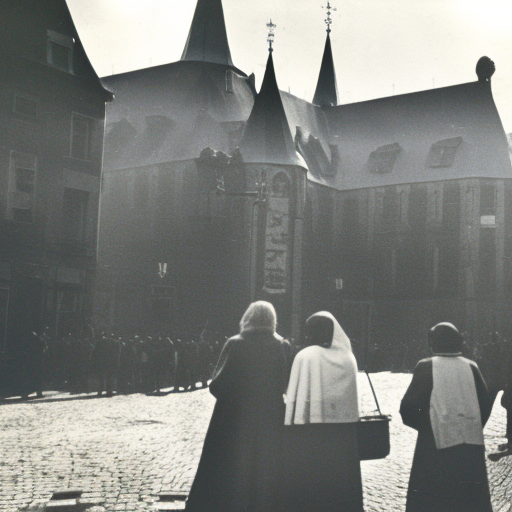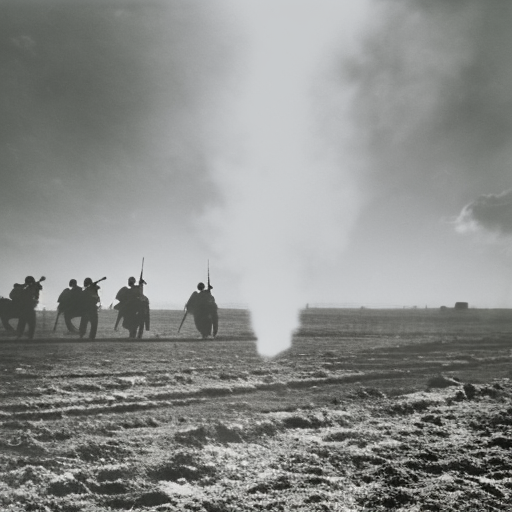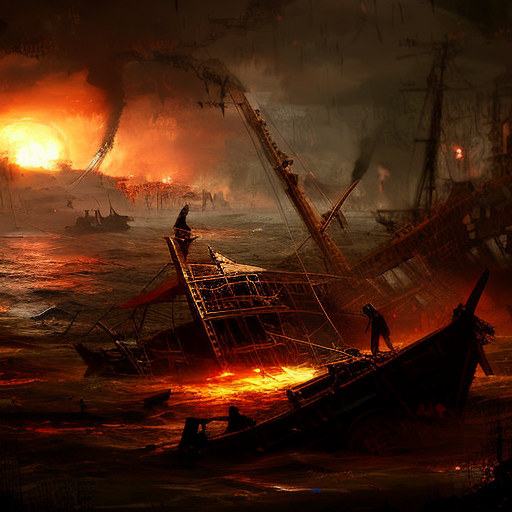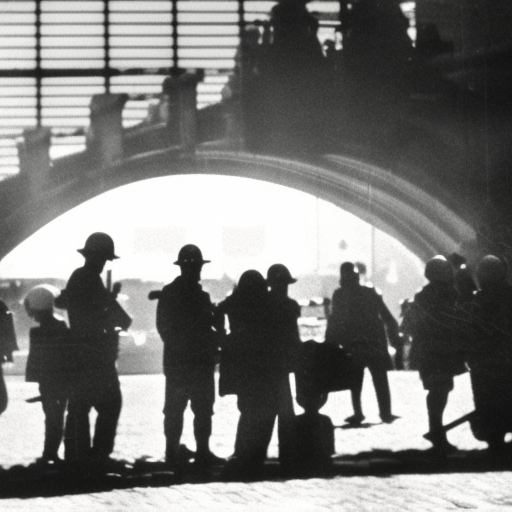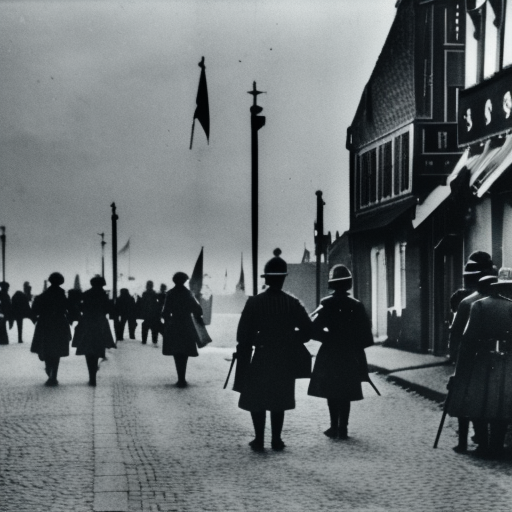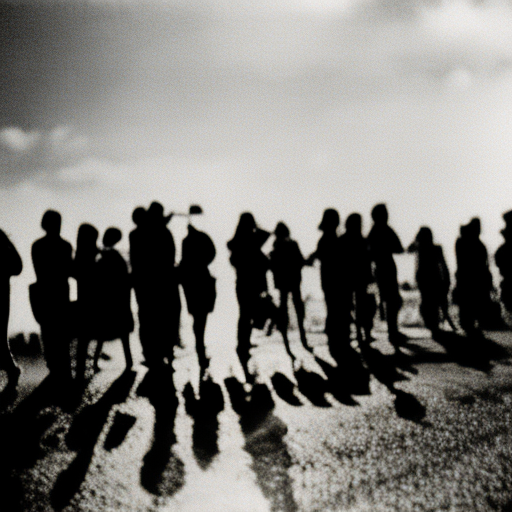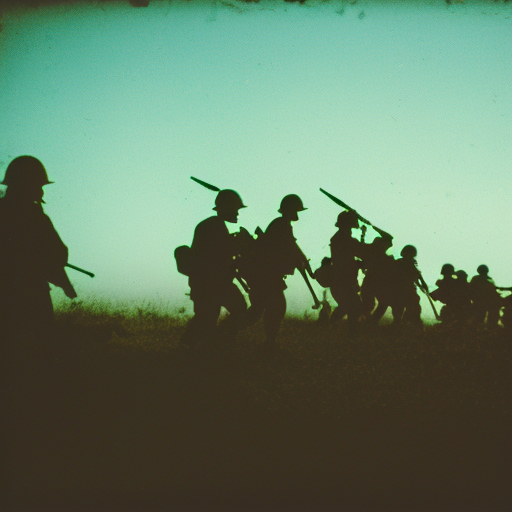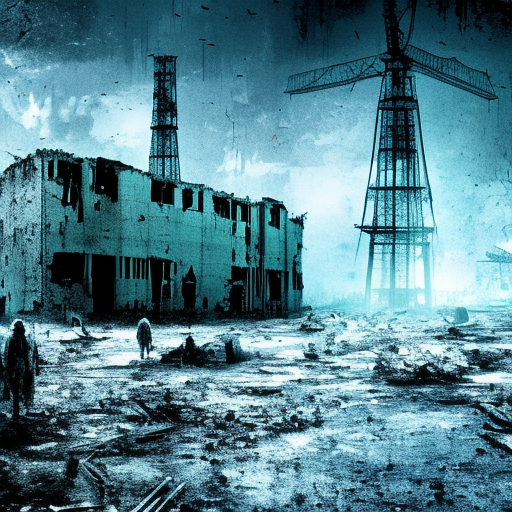The Battle of Bergen was a significant clash during the Seven Years’ War between Prussia and Austria, resulting in a Prussian victory.
Siege of Groenlo Explained
The Siege of Groenlo was a significant battle during the Eighty Years’ War, resulting in the capture of the Dutch town by the Spanish forces in 1627.
Battle of the Somme Explained
The Battle of the Somme was a major World War I battle fought between British and French forces against German forces in 1916, resulting in heavy casualties and limited territorial gains.
Isaac’s Storm: A Man, a Time, and the Deadliest Hurricane in History Summary
‘Isaac’s Storm’ by Erik Larson is a gripping account of the devastating 1900 Galveston hurricane and the man who failed to predict its deadly impact.
Siege of Barcelona Explained
The Siege of Barcelona was a military conflict in 1714 during the War of Spanish Succession, resulting in the fall of Barcelona to Bourbon forces.
German reunification Explained
German reunification refers to the process of merging East and West Germany into a single nation after the fall of the Berlin Wall in 1989.
Siege of Bergen op Zoom Explained
The Siege of Bergen op Zoom was a failed French attempt to capture the Dutch city during the War of the Sixth Coalition in 1814.
French Fury Explained
The French Fury was a violent uprising in 1583 by French soldiers against the Spanish occupation of Antwerp during the Eighty Years’ War.
The Winds of War Summary
‘The Winds of War’ by Herman Wouk is an epic historical novel that follows the lives of an American family during World War II.
Battle of Lekkerbeetje Explained
The Battle of Lekkerbeetje was a significant naval engagement during the Dutch Revolt in 1574.
Voices from Chernobyl: The Oral History of a Nuclear Disaster Summary
‘Voices from Chernobyl’ is a powerful oral history that gives voice to the survivors and witnesses of the devastating nuclear disaster, offering a haunting and deeply personal account of the tragedy.
Capture of Maastricht Explained
The Capture of Maastricht refers to the successful siege and conquest of the city of Maastricht by the Spanish forces during the Eighty Years’ War.










